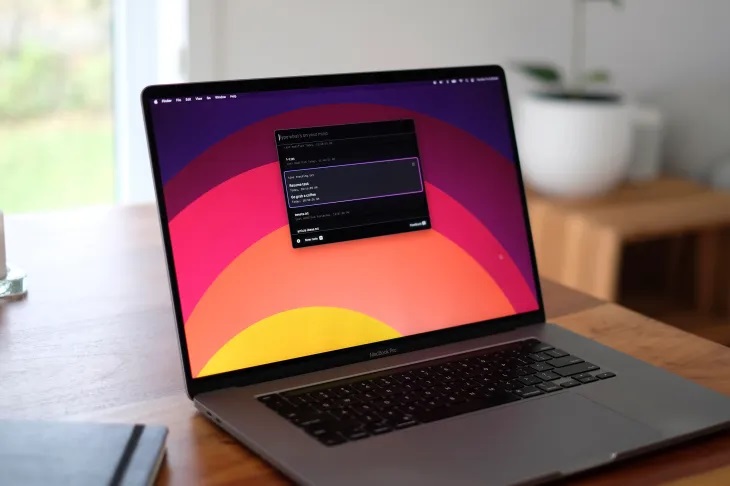
People rely on note-taking apps to organize thoughts, track to-do lists, record ideas, and more. With so much sensitive personal and professional information stored in these apps, it’s important to choose one that prioritizes privacy and security.
End-to-end encryption
This means notes are encrypted before they leave your device until they reach the intended recipient device. The note-taking company’s servers store encrypted, unreadable data rather than plain text. The ability to securely access notes across all linked devices is essential. Apps that offer encrypted cloud sync let you seamlessly work across smartphones, tablets, and computers while safeguarding sensitive data. Your notes should only be decrypted and readable on approved devices that you have control over.
Note ownership and control
You should own, control, and have sovereignty over your notes. Beware of apps that could potentially claim broad rights over user data. Choose an app that gives you ownership over your writing with the ability to permanently delete notes as desired. Open-source apps also provide transparency around how user data is handled. To prevent intrusive data collection, opt for an app that minimizes metadata collection. It includes data like timestamps that reveal when and where you wrote certain notes. Quality private apps only retain essential operational metadata and provide transparency around their metadata policies.
Pin code and biometrics
What is a safenote? Adding an extra authentication layer ensures only you access your notes. To open the app, first options like pin codes, fingerprints, or facial recognition prevent snooping. Enabling these secondary log-in options is an easy way to improve the security of any private note app.
Industry-standard encryption protocols
Advanced encryption like AES 256 or end-to-end encryption with perfect forward secrecy ensures notes remain private and confidential. Prioritize an app with proven encryption methods that meet industry security standards. Cutting-edge protocols thwart even threats from quantum computing that could break older encryption.
One-time password
Two-factor authentication via one-time passwords delivers more stringent account security. To gain access on a new device, you’ll need to provide both your master password and a randomly generated OTP sent to your email or phone. Adding this extra log-in step keeps intruders out even if they discover your password. When syncing notes across devices, selective sync gives you granular control over what data is shared. You choose to sync certain notebooks or notes while keeping others private to a single local device. Avoid syncing sensitive notes like passwords or financial data.
Independent security audits
Reputable apps submit to regular independent audits by cybersecurity firms to prove sufficient protections are in place. Audits verify they meet privacy legal obligations and follow industry best practices for data encryption and access controls. Make sure your private data isn’t taken at face value. Unfortunately, data breaches do still happen even with stringent precautions. Choose a service that promises timely communication in case of any security incidents. It shows a commitment to transparency even when things go wrong. Responsible data handling means notifying users of potential privacy risks so they take action.



